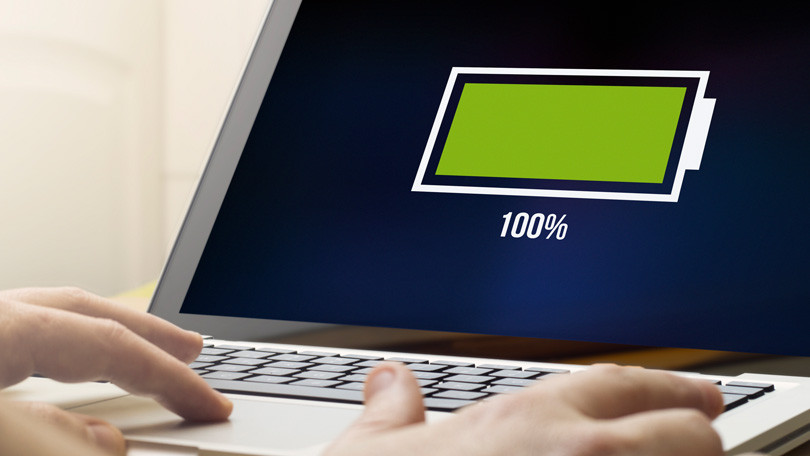Maximize Your Laptop’s Battery Life: Expert Tips for Tech Enthusiasts
In today’s fast-paced digital world, a laptop’s battery life is a crucial factor for tech enthusiasts. Whether you’re a student, a professional, or a gamer, a long-lasting battery can significantly enhance your productivity and enjoyment. By following these expert tips, you can optimize your laptop’s battery performance and extend its lifespan.

Adjusting Power Settings for Maximum Efficiency
One of the most effective ways to conserve battery life is to adjust your laptop’s power settings. Switching to “Power Saver” mode reduces energy consumption by dimming the screen and limiting background activity. This mode is ideal for tasks that don’t require intensive graphics or processing power.
Managing Background Applications
Background applications can drain your battery without your knowledge. Identifying and closing unnecessary programs running in the background can significantly improve battery life. Use Task Manager on Windows or Activity Monitor on macOS to monitor and terminate these processes.
Keeping Software Up-to-Date
Regularly updating your operating system and applications is essential for optimal battery performance. Software updates often include performance enhancements that improve energy efficiency. By keeping your software up-to-date, you can ensure that your laptop is running at its best.
Adjusting Screen Brightness
The display is a major consumer of battery power. Lowering the screen brightness can significantly extend battery life. Most laptops have function keys that allow you to quickly adjust the brightness. Experiment with different settings to find a balance between visibility and energy conservation.
Utilizing Battery Health Features
Modern laptops come equipped with built-in tools to monitor battery health. These features can help you calibrate your battery and ensure accurate readings of remaining charge. Regularly calibrating your battery can extend its overall lifespan. Consult your manufacturer’s website for specific instructions tailored to your device model.
Avoiding Extreme Temperatures
Batteries perform best at moderate temperatures. Exposing your laptop to extreme heat or cold can degrade battery capacity over time. Whenever possible, avoid placing your laptop in direct sunlight or near heat sources.
Disabling Unnecessary Connectivity
Wireless connections like Wi-Fi and Bluetooth can consume power even when not in use. If you don’t need these connections, consider disabling them to conserve battery life. This is particularly useful when you’re working in areas with weak or unreliable wireless signals.
Considering Hardware Upgrades
If you’re still struggling with poor battery life, upgrading hardware components like RAM or SSDs can improve overall system efficiency and indirectly benefit battery performance. By reducing the strain on your laptop’s resources, these upgrades can help optimize energy consumption.
FAQs
How can I improve my laptop’s battery life?
You can improve your laptop’s battery life by adjusting power settings, managing background applications, keeping software up-to-date, adjusting screen brightness, utilizing battery health features, avoiding extreme temperatures, disabling unnecessary connectivity, and considering hardware upgrades.
What is the best way to calibrate my laptop battery?
Consult your manufacturer’s website for specific instructions on calibrating your laptop’s battery. Generally, it involves fully charging the battery, using the laptop until it completely shuts down, and then repeating this process several times.
Can upgrading my RAM or SSD improve battery life?
Yes, upgrading RAM or SSDs can indirectly improve battery life by reducing the strain on your laptop’s resources and improving overall system efficiency.




